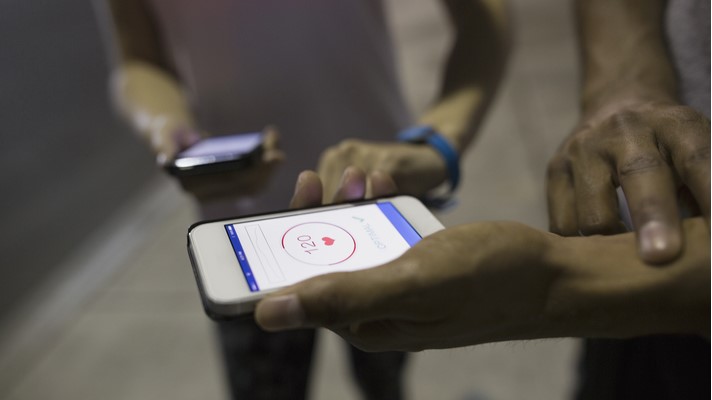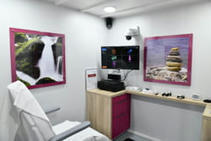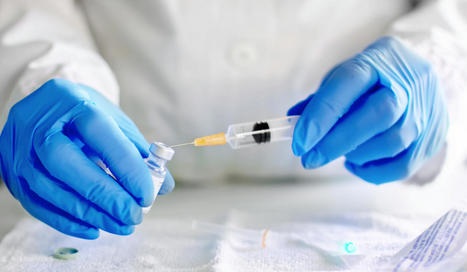Pharmageek
24/01/2021
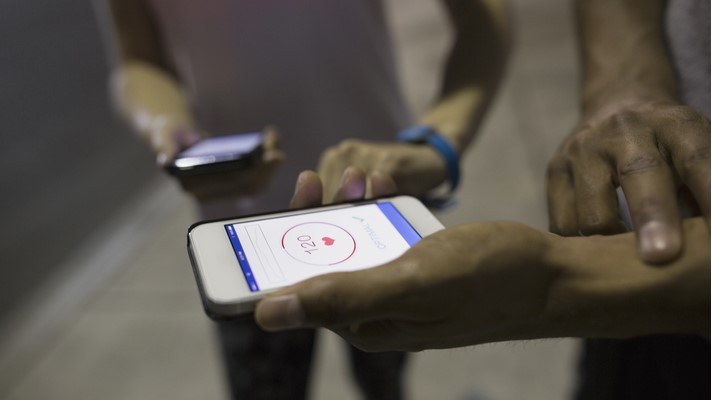
Since the beginning of the pandemic there has been a 25% rise in health app downloads.
Lire l'article complet sur : www.mobihealthnews.com
24/01/2021
Afin de prédire la détérioration de l’état des patients atteints de la COVID-19, Facebook AI Research met à contribution ses derniers travaux consacrés à l’apprentissage non supervisé. Les trois modèles IA feraient mieux que leurs concurrents, et le laboratoire entend le faire savoir en les...
Lire l'article complet sur : www.lemagit.fr
24/01/2021
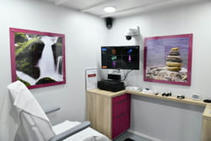
L'essor des téléconsultations depuis le début de la crise sanitaire mène au développement de la télémédecine, dans laquelle les objets connectés figurent au centre des parcours de soin.
Lire l'article complet sur : www.journaldunet.com
24/01/2021
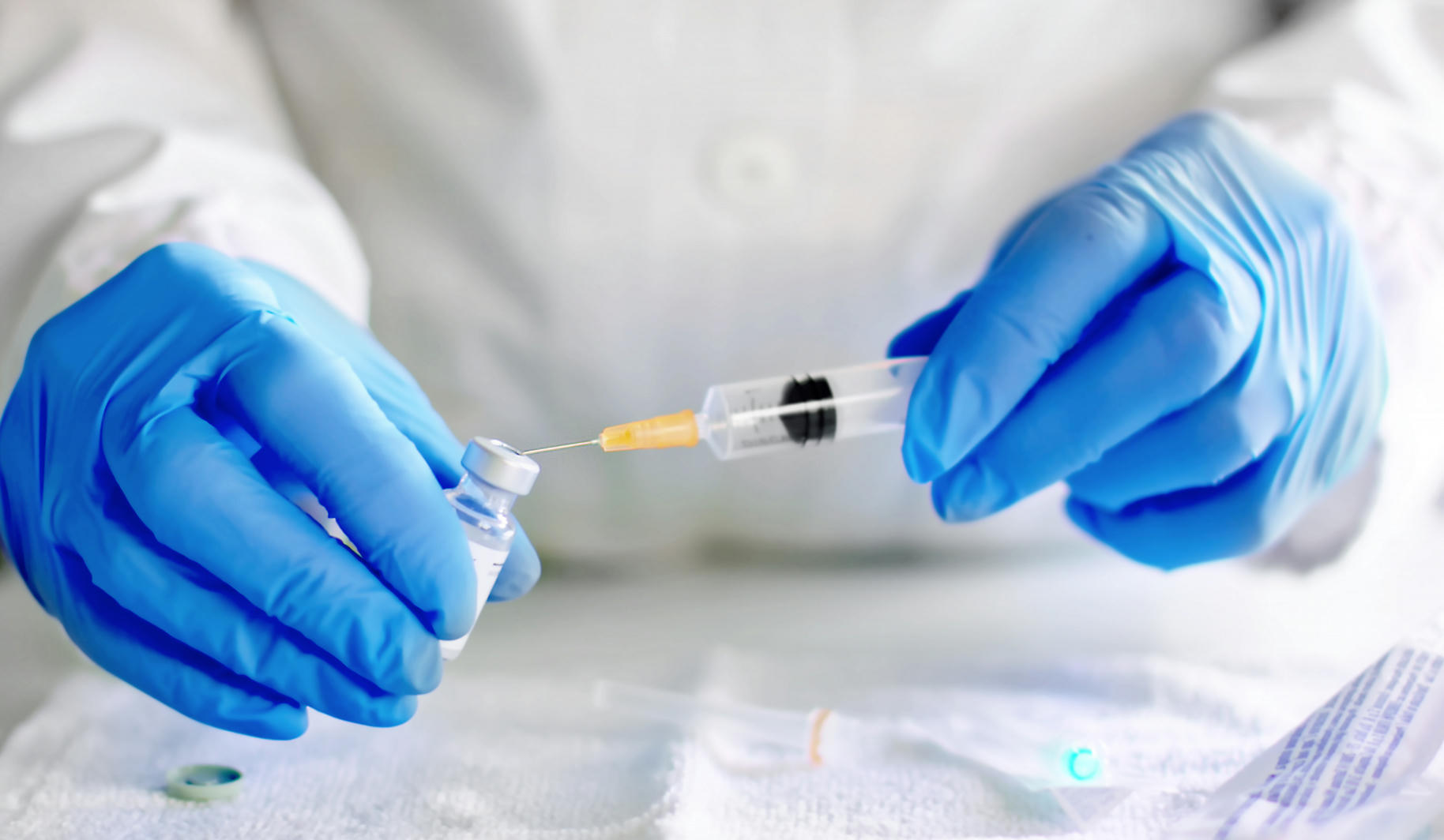
As the nation continues to ramp up distribution of COVID-19 vaccines, providers will need to track patients due to receive the second dose of the vaccine and better identify high-risk patients.
The U.S. Department of Health and Human Services, acting through the Office of the National Coordinator for Health Information Technology (ONC), is making major investments to help increase data sharing between health information exchanges (HIEs) and immunization information systems.
ONC will award nearly $20 million in funds from the Coronavirus Aid, Relief, and Economic Security (CARES) Act signed by former President Donald Trump in March to support the nation’s vaccination efforts to fight the COVID-19 pandemic.
The new investments will support opportunities to track vaccination progress, help clinicians pinpoint and contact high-risk patients, and coordinate appointments for patients due to receive the second dose of the vaccine, according to a press release.
Lire l'article complet sur : www.fiercehealthcare.com


